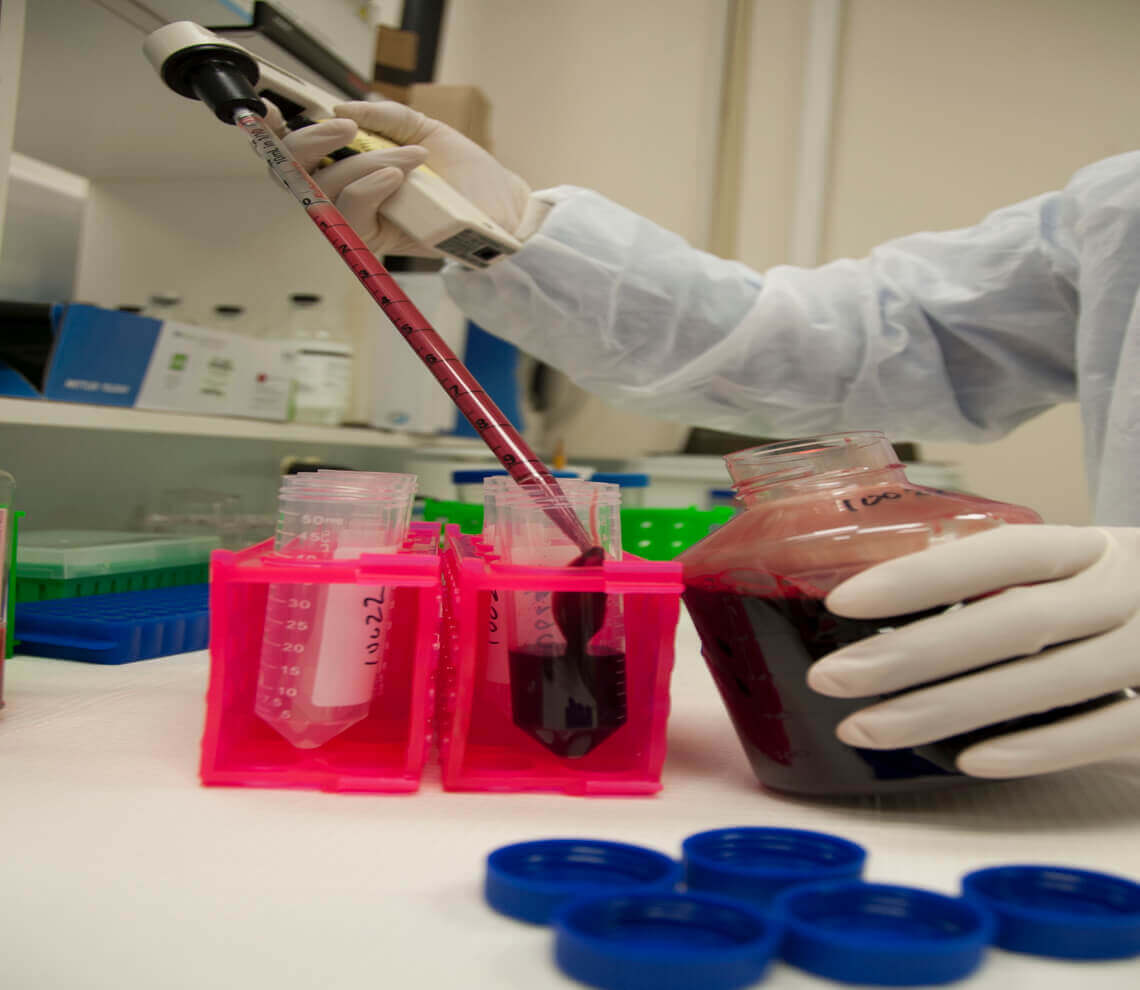- Our Suppliers
- MBS Monoclonals
- CD71, Mouse, mAb ER-MP21, FITC
Product short description
Price:
536 EUR
Size:
100ug
Catalog no.:
GEN584440
Product detailed description
Gene name synonims
N/A
Other gene names
N/A
Concentration
N/A
Purification method
N/A
Clone
N/A
Other names
N/A
Also known as
CD71
Gene name
CD71
Immunoglobulin isotype
IgG2a
Category
Antibodies
Clonality
Monoclonal
Latin name
Mus musculus
Conjugation
Anti-FITC Antibody
Subcategory
Mnoclonal antibodies
Host organism
Mouse (Mus musculus)
Tested applications:
F, Flow Cytometry (FC/FACS), FS, P
Form/Appearance
1 ml (100 ug/ml) 0.2 um filtered antibody solution in PBS, containing 1% bovine serum
Species reactivity
N/A; Due to limited knowledge and inability for testing each and every species, the reactivity of the antibody may extend to other species which are not listed hereby.
Specificity and cross-reactivity
N/A; Since it is not possible to test each and every species our knowledge on the corss reactivity of the antibodies is limited. This particular antibody might cross react with speacies outside of the listed ones.
Storage and shipping
Product should be stored at Keep the antibody refrigerated at +4 degrees Celsius. Temperature variations in the range between +1C to +7C are tolerable. Under recommended storage conditions, product is stable for one year.
Test
Mouse or mice from the Mus musculus species are used for production of mouse monoclonal antibodies or mabs and as research model for humans in your lab. Mouse are mature after 40 days for females and 55 days for males. The female mice are pregnant only 20 days and can give birth to 10 litters of 6-8 mice a year. Transgenic, knock-out, congenic and inbread strains are known for C57BL/6, A/J, BALB/c, SCID while the CD-1 is outbred as strain.
Properties
This MBS Monoclonals Fluorescein isothiocyanate (FITC) antibody is currently after some BD antibodies the most commonly used fluorescent dye for FACS. When excited at 488 nanometers, FITC has a green emission that's usually collected at 530 nanometers, the FL1 detector of a FACSCalibur or FACScan. FITC has a high quantum yield (efficiency of energy transfer from absorption to emission fluorescence) and approximately half of the absorbed photons are emitted as fluorescent light. For fluorescent microscopy applications, the 1 FITC is seldom used as it photo bleaches rather quickly though in flow cytometry applications, its photo bleaching effects are not observed due to a very brief interaction at the laser intercept. MBS Monoclonals FITC is highly sensitive to pH extremes.
© Copyright 2016-Tech News . Design by: uiCookies

